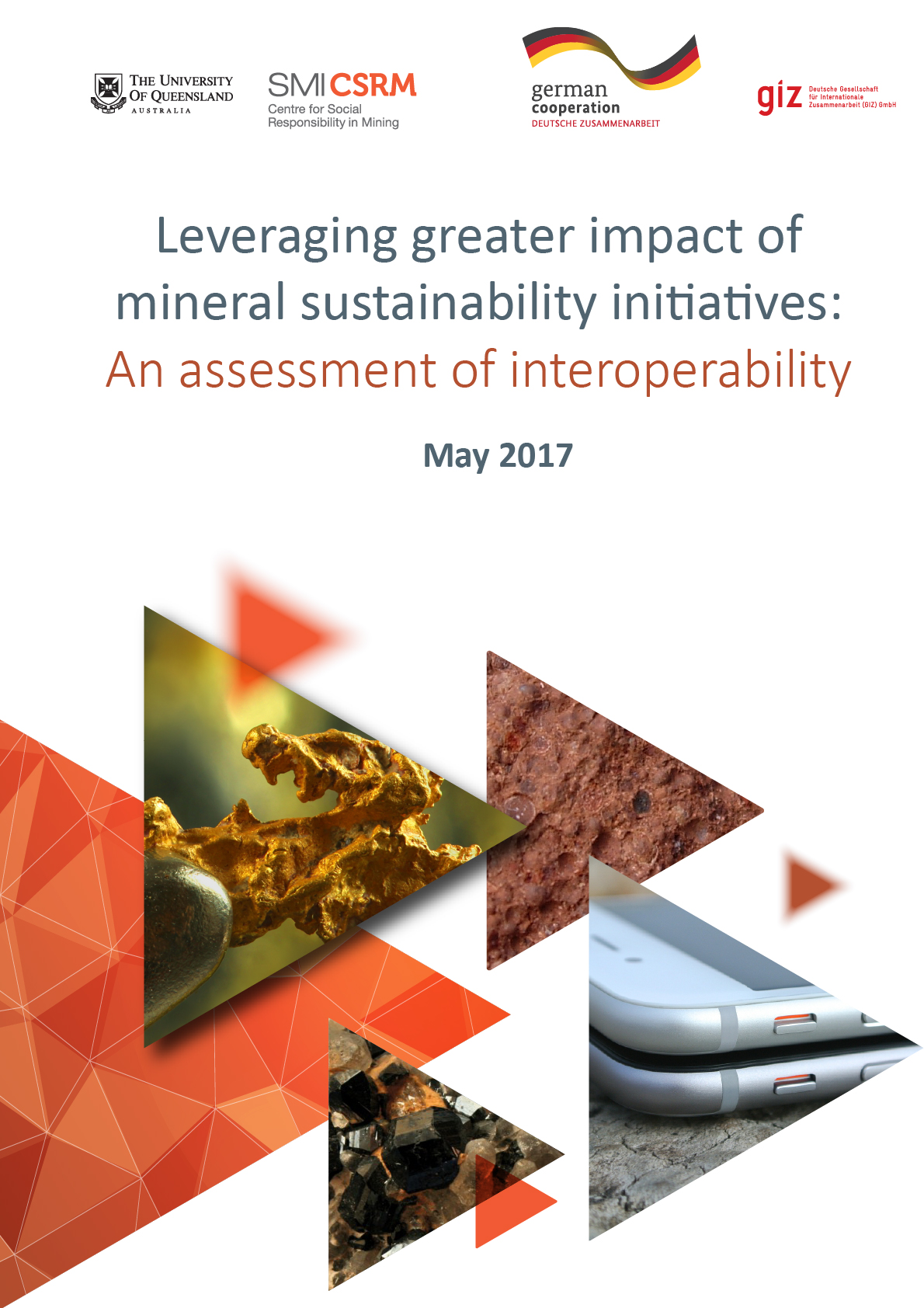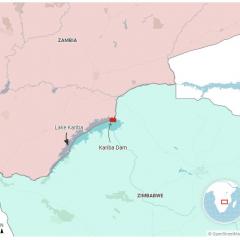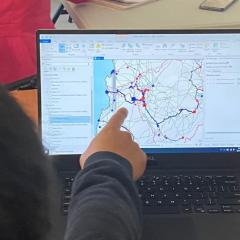Interoperability is the degree to which diverse systems, organisations and individuals are able to work together to achieve a common goal (Ide and Pustejovsky 2010). This report presents findings of an applied research project looking into the interoperability of sustainability initiatives relevant to mining and metals supply chains. The research was undertaken by the Centre for Social Responsibility in Mining (CSRM) at The University of Queensland and funded by the Deutsche Gesellschaft für Internationale Zusammenarbeit (GIZ).
The project aims to assist civil society, business and governments to better co-ordinate and align efforts to ensure that their sustainability initiatives lead to improvements in the sustainability performance of the sector. A conceptual framework is outlined to identify different aspects of interoperability in the context of sustainability initiatives. ‘Collaboration’ describes the activity of stakeholders from different sustainability initiatives working together towards common goals. ‘Harmonisation’ refers to the alignment of texts to adopt similar language across different sustainability standards, eliminating major differences and creating common minimum requirements. ‘Cross-referencing’ is when a sustainability standard refers to and accepts provisions of another standard as its own. ‘Shared process’ is the mechanisms which sustainability standards are able to operate jointly, for example, by joint auditing and other assurance processes. A sample of 18 initiatives is mapped according to (1) type of initiative; (2) thematic scope; (3) assurance process; and (4) sanctions for non- compliance. Two case studies are then presented to explore examples of interoperability in greater depth.




